“They do incredible, heroic work”: Q&A with author Millie Kerr
In her recent book Wilder, Millie Kerr surveys projects around the globe that are advancing rewilding goals large and small – and creating building blocks of hope.

The restoration of Gorongosa National Park in Mozambique. Bringing back kākāpō in New Zealand. Supporting giant tortoises in the Galápagos. It’s these stories and more that journalist Millie Kerr digs into in her recent book Wilder, with the goal of showcasing conservation successes and, most important, the people involved in them.
The projects Kerr features are diverse both in their subjects and their approaches – not to mention their geography – and that’s kind of the point, she says in her conclusion. “Like keystone species on the food web, powerful, resource-rich people and organisations can rewild in ways that impact entire ecosystems, but members of the public have important parts to play,” she writes. “Whether exerting bottom-up influence like freshwater mussels or engineering creative solutions in the spirit of ecosystem architects, each of us is capable of making the world a wilder, healthier place.”
Here, we chat with Kerr about her book and how working on it has influenced her thoughts on rewilding.
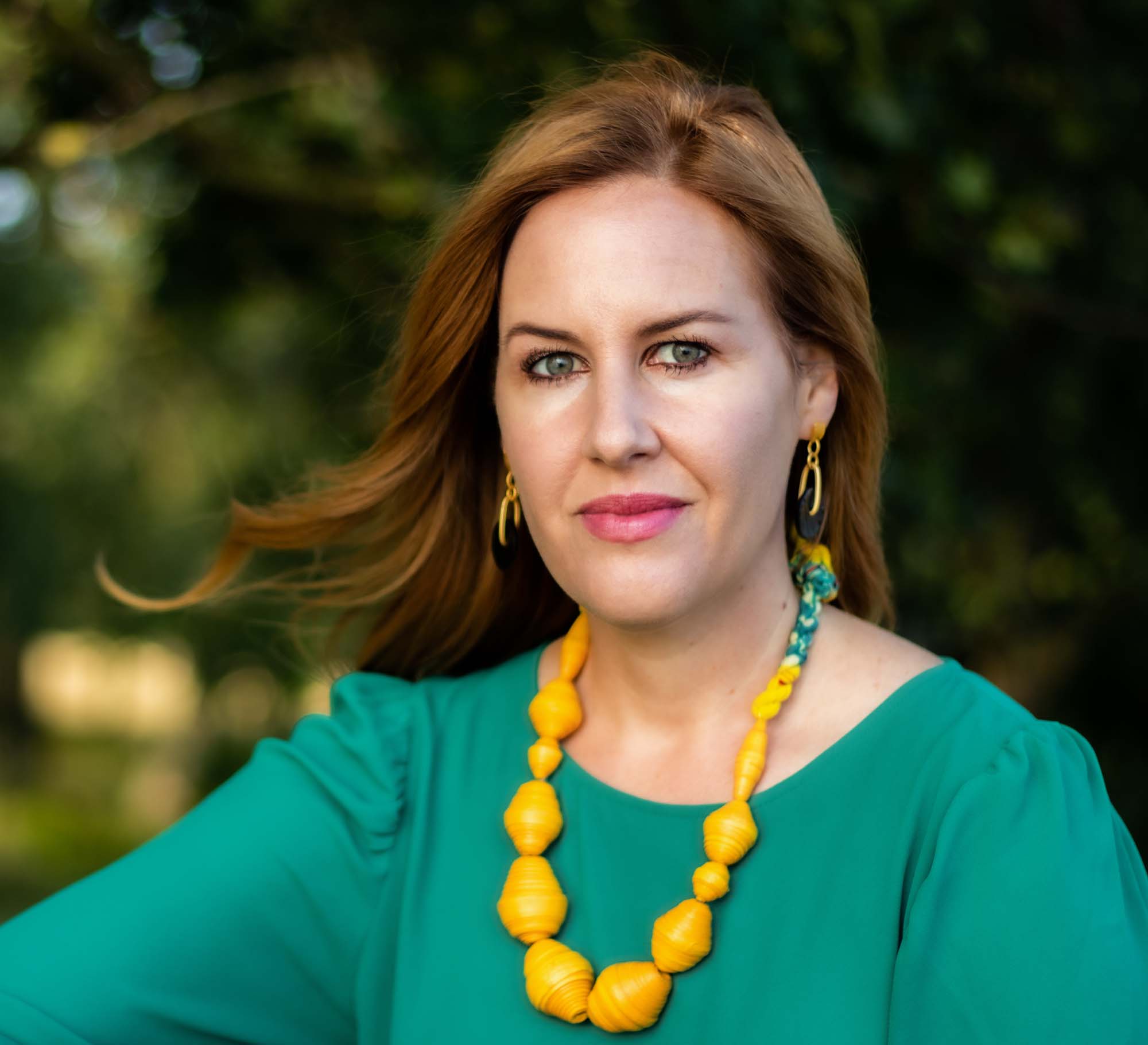
Rewilding: You talk in your introduction about supporting the “conservation optimism movement.” Why do you think it’s important to showcase positive stories like this?
Millie Kerr: The balance seems to have tipped in favour of doom and gloom narratives and headlines. I find that problematic for a couple of reasons. One: If people are going to remain invested in supporting conservation efforts, they need to understand that there is hope. Otherwise, why provide any support?
My other feeling is that it’s more of a balancing-out. There is already so much content that's alarming, because people do need to know that we are facing steep challenges. On the other hand, there are reasons to be hopeful. I tried [in the book] to toe that delicate line of helping people see that the stakes are high, the challenges are real and urgent – but there are positive things happening that warrant our attention and respect.
The final piece of it for me is that conservationists deserve more attention from the general public. They do incredible, heroic work. And by constantly talking about failures, we are not adequately communicating the success stories and the progress that a lot of these people are making.
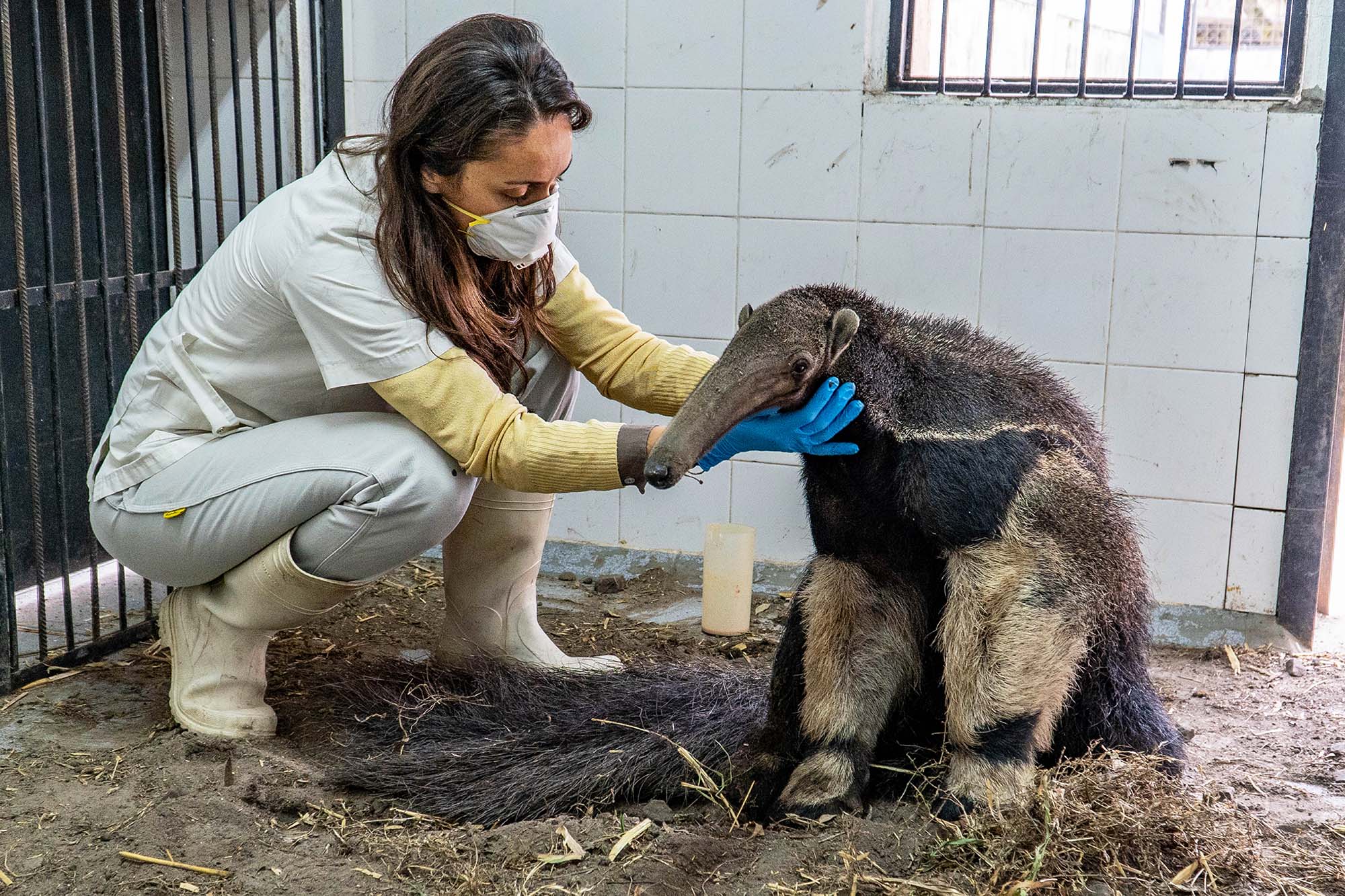
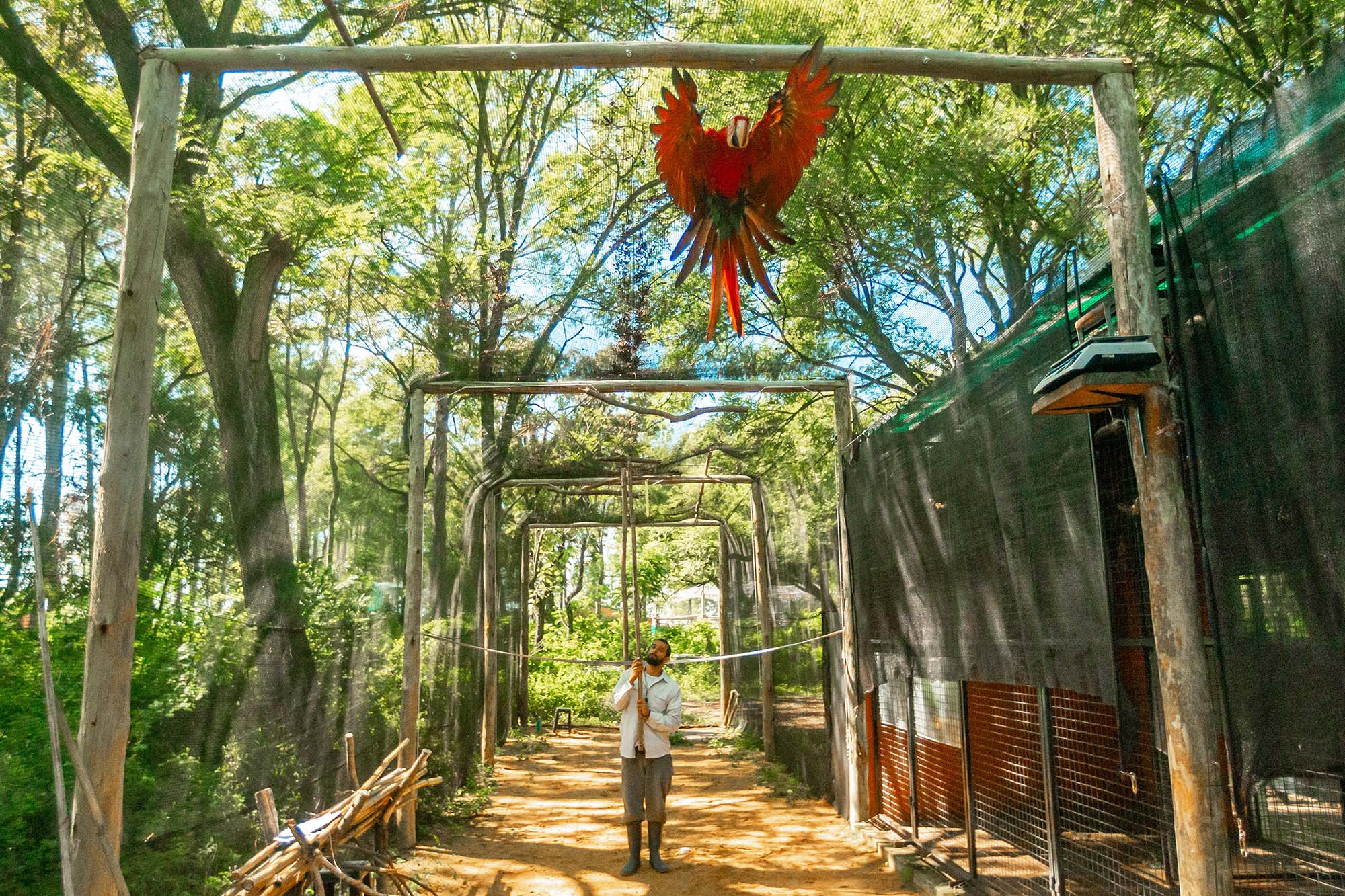
R: I know I’ve read in a few places in the past couple of years that the conservation movement has failed. Yes, maybe they didn't succeed as much as they could have, but it could be worse, too.
MK: I look at the projects I wrote about, and it's very easy to imagine them not occurring at all. And then where would we be?
It’s a challenge for conservationists to communicate that we need to do better – and we need to do better urgently – while at the same time, progress is being made. But I also don’t feel that everyone should become a conservation optimist, because if suddenly the narrative was fully, “oh, things are great, we’re making progress,” then again, people wouldn’t be invested. We have to find ways to keep people invested. Part of that is basic human psychology more than anything else.
R: On a similar note, one major takeaway I got from the book is that rewilding is complicated – there's no simple narrative here. Every project has its own challenges and difficult decisions that people have to make on the ground. But you also talk about how it’s important to not get so caught up in discussing what’s the right thing to do that we don't do anything at all. After doing all this research, what do you think is the best way to balance those two forces?
MK: I do think that doing a lot of planning and horizon scanning and these sorts of things is important. But I also believe that sometimes you can overthink things or overplan things in a way that does not allow for forward momentum, particularly when something does require urgent attention. In any event, I think that experts need to be involved.
I don’t think we jump to that point of everyone should feel empowered to take action immediately. We need to think about what our role is. People often ask me, what can I do as a individual? My advice is usually to educate yourself further, learn about organizations that are doing projects you think are important, and find ways to tap into those movements, whether that’s volunteering, fundraising or lending your voice through political action or storytelling.
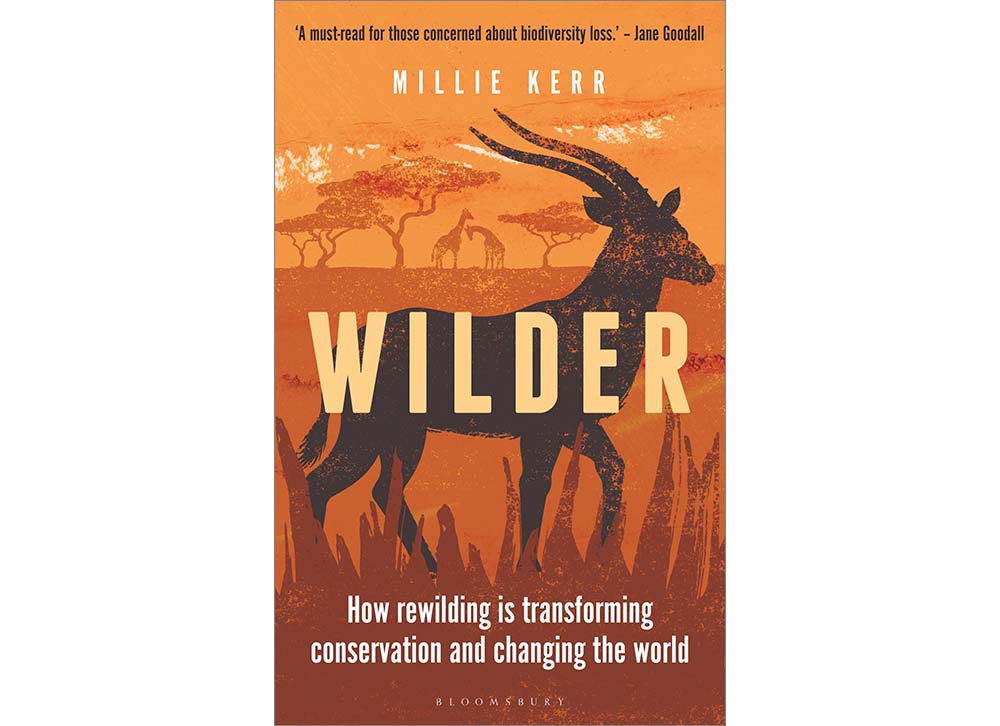
R: Do you think there’s anything that all the projects you wrote about have in common?
MK: They’re all trying to work out who are the appropriate stewards and guardians of these places and species, and which individuals and communities benefit from these initiatives.
I’m a big believer in the public needing to have some sort of connection to nature and wildlife. That can mean different things. But I do think it’s important that people benefit directly.
I think it’s safe to say that most people are at least partially motivated by self-interest. If they don’t see any benefit to themselves, it’s very hard to persuade people that they should be invested. Even when we communicate that things are interconnected and our health as a species is very much dependent on the health of the environment, that is abstract. One of my goals is to show people that there are more tangible benefits that can be pursued.
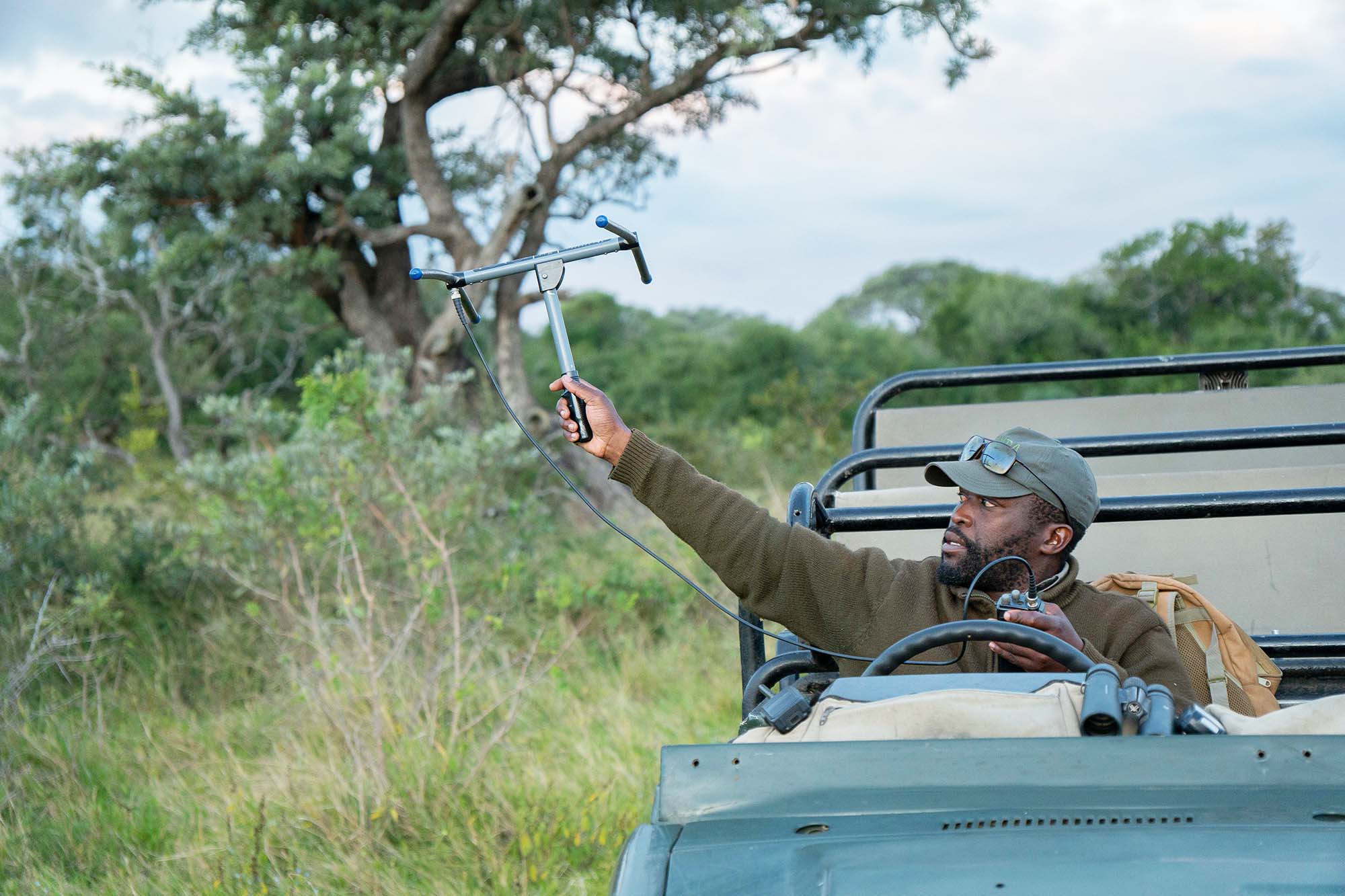

R: In your introduction you write that you started this book not knowing exactly how to define rewilding. Now that the book is done, did it affect your understanding of what rewilding is?
MK: I have learned about so many different forms of rewilding. I've also learned that the way we communicate about rewilding – when we use the term and when we don’t –continues to be a nebulous thing. But I am comfortable with rewilding meaning different things to different people, particularly in light of the fact that it is unreasonable to expect a country like the UK to approach rewilding in the way that Canada or the United States would.
I do make a snarky remark in the introduction that I feel that academics, and also often bureaucratic NGOs and government agencies, spend way too much time debating these issues, making a plan and revisiting a plan, and we need a three-year consultation period... so much could be happening during that time.
I’m not advocating that people go out and do something bold without thinking through the consequences. We do need these academics who are asking these questions. At the same time, my interest and almost my heart is with the people who are doing conservation projects on the ground. And it was interesting and amusing to me that when I interviewed most of them – first of all, a lot of them were not even using the word rewilding. Some of them are, but some of them aren’t. And they're like, “I don’t really care [about terminology], let me tell you more about what we’re doing.”
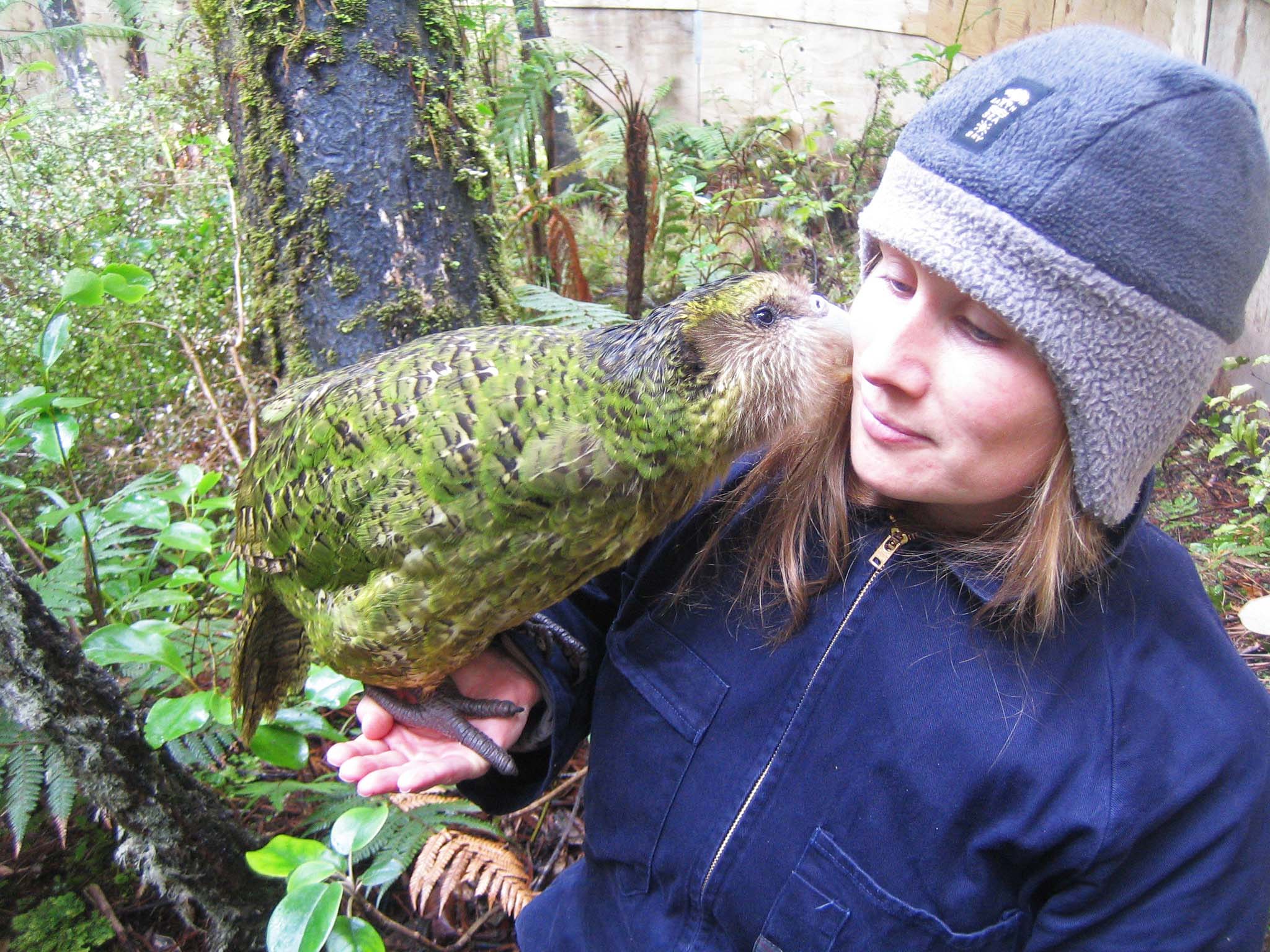
R: Because of the pandemic, you didn’t actually get to visit a lot of the places that you wrote about. Which would you visit first, and why?
MK: I always had a superficial fascination with New Zealand. But now that I know more about its natural history and the endemic wildlife and culture of conservation there, I would love to go.
The next one is Iberá in Argentina. I love everything about that project. In terms of the scale of species reintroductions, they have accomplished a lot in a very short period of time. And they're bringing back such a unique mix of species – parrots, antelope, tapirs.
To throw in a number three, I really want to visit Gorongosa in Mozambique. I was amazed at that initiative, and the ecosystem there just seems really interesting and unique.



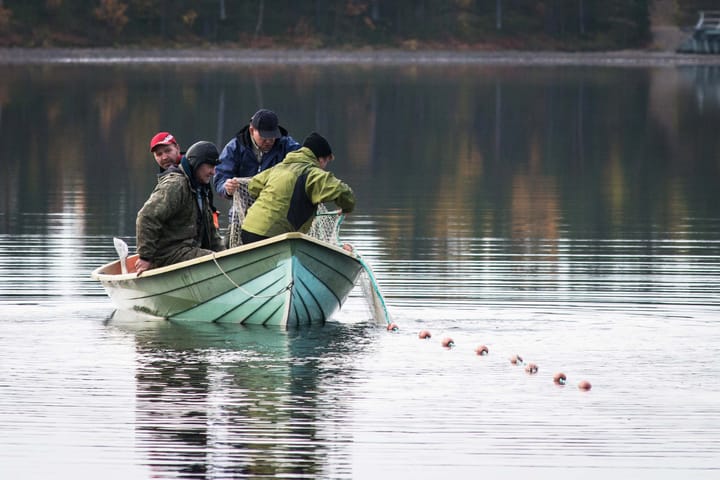
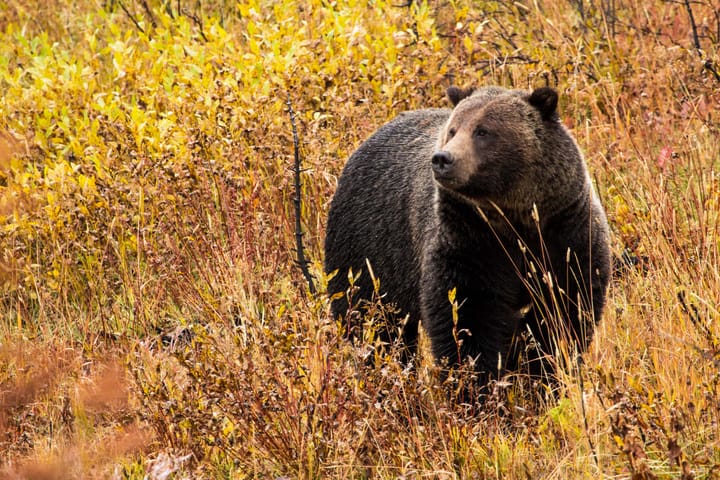

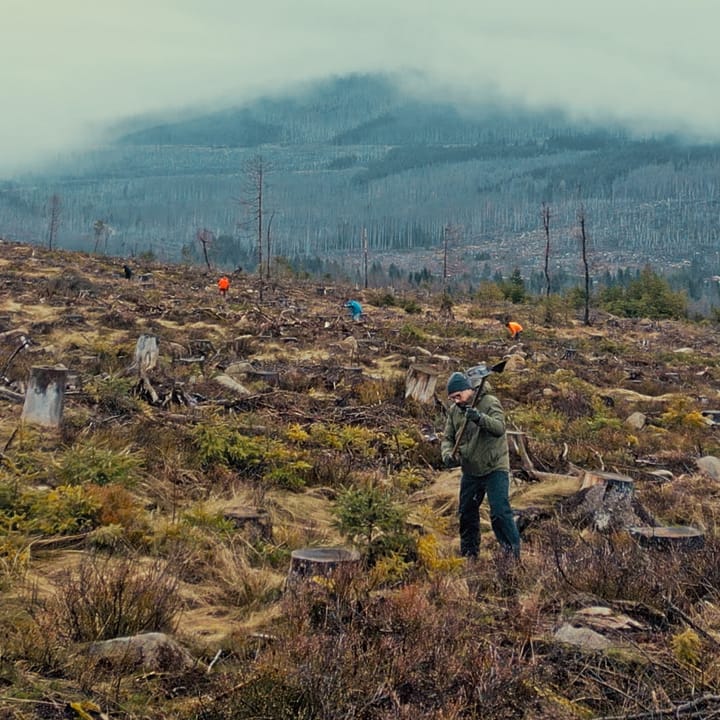
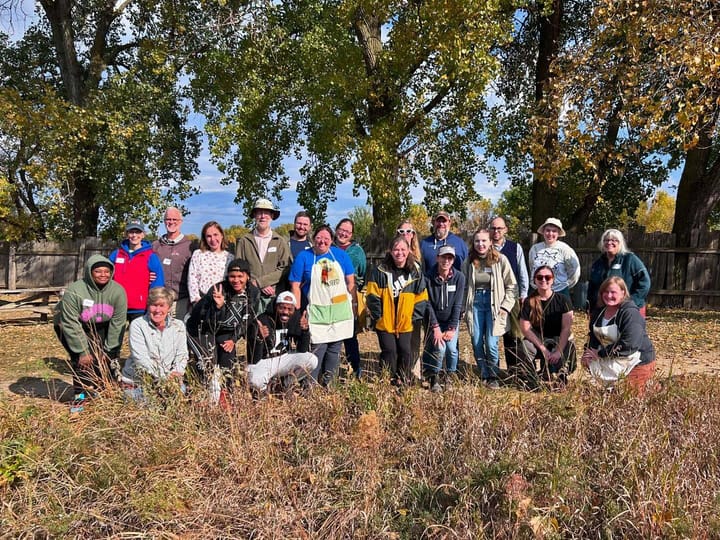
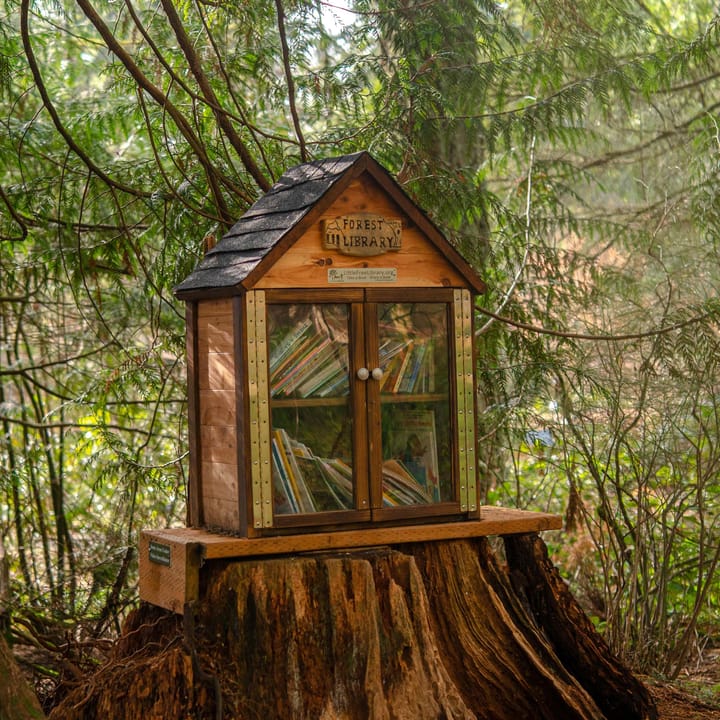
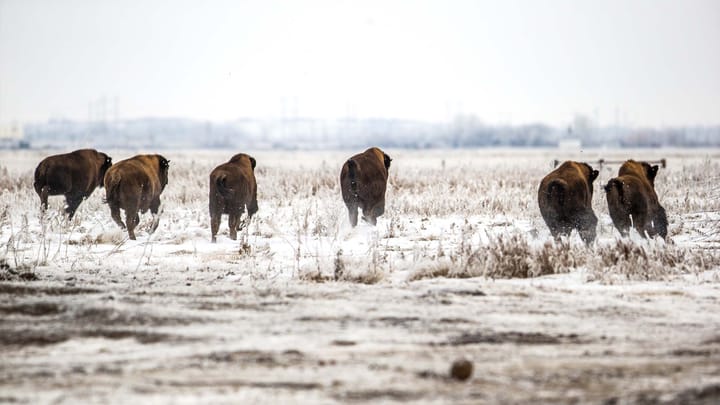
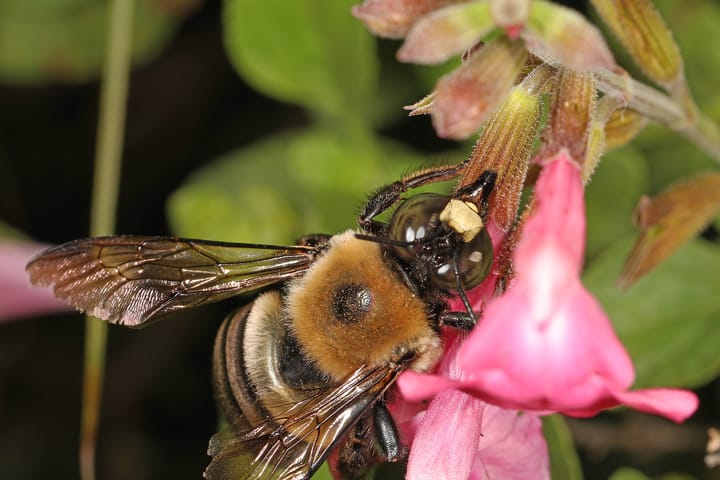
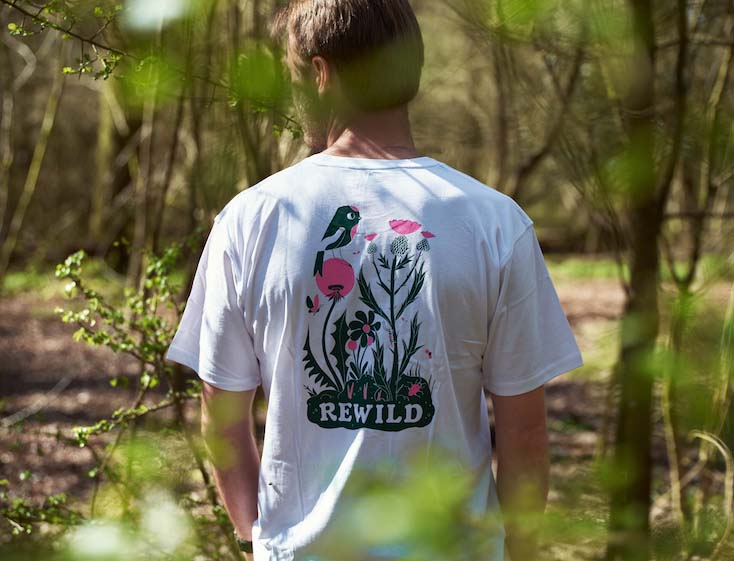
Comments ()